Ways to take care of your mental and physical health

Being diagnosed with a permanent health condition can be frightening and cause anxiety. You might wonder how living with this condition will affect your ability to work or go to school, have a romantic relationship or start a family.
Advertisement
Cleveland Clinic is a non-profit academic medical center. Advertising on our site helps support our mission. We do not endorse non-Cleveland Clinic products or services. Policy
Huntington’s disease, a genetic condition that generally emerges when you’re between the ages of 30 and 50, can especially create uncertainty. There’s no cure, and the disease causes changes to your physical and mental health that become worse over time.
However, you don’t have to navigate receiving a diagnosis of Huntington’s disease alone. Neurologist and movement disorders specialist Odinachi Oguh, MD, discusses what people can expect after a diagnosis and suggests positive coping mechanisms.
Huntington’s disease is commonly marked by changes in how you move. For example, you might develop a condition called chorea, which causes involuntary muscle movements that resemble dance moves. You might also have balance problems or find yourself with less muscle coordination than usual. As the disease progresses, your ability to swallow and walk are also affected.
However, Huntington’s disease can affect your cognitive abilities (including memory), too, and make focusing on tasks more difficult. You might also develop a mood disorder, such as anxiety and depression, or start acting more impulsively. Impulsive behaviors may cause more than health issues. Hypersexuality, excessive gambling and even getting into trouble with the legal system are all potential side effects.
Advertisement
Dr. Oguh says people might first experience non-physical changes before anything else. “You can have behavioral and cognitive changes long before the movement changes come into play,” she says. “I often tell people that Huntington’s disease is not just a movement disorder. The chorea, the dance-like movements, are not necessarily often what we see.”
She adds that she’s also seen cases where family members never developed movement-related symptoms. “I have had patients where Huntington’s disease predominantly manifested itself in behavioral and psychiatric ways,” she says. “And then when a family member did develop movement-related symptoms, it’s like, ‘Wow, maybe all those other issues with my family were Huntington’s disease.’ But nobody really got diagnosed, because none of them had a family history of the chorea or movement.”
Support for Huntington’s disease starts even before a diagnosis. That’s because you can be tested for the gene mutation that causes the condition before you have any outward symptoms. “However, maybe you have family members who have a history of Huntington’s disease,” notes Dr. Oguh. “And so you’re looking for what we call predictive diagnosis. In this case, you would have both social and psychological support before that diagnosis or testing is done.”
As part of that support, Dr. Oguh says members of your care team — a multiperson squad of healthcare professionals ready to support your physical, mental and emotional health — will talk about why you’re looking to be tested. “Some reasons could be, ‘I want to know my genetic status because I’m trying to have a baby,’ or ‘I’m trying to plan for my future.’ This could mean things like, ‘Should I get a master’s degree? Will this affect my livelihood? Should I be thinking about sources of income?’”
Even if you are diagnosed with Huntington’s disease, the condition doesn’t necessarily develop right away — or have a set path of progression. “Not all people living with Huntington’s disease have the same areas of disability at the same time,” Dr. Oguh says. “People don’t necessarily get diagnosed based on their mental and behavioral manifestations. Sometimes, they’re only diagnosed when they begin to exhibit movement-related symptoms. That’s why it’s so important that we take an interdisciplinary approach when seeing you.”
Though people who have Huntington’s disease develop different symptoms at different times, there are some positive coping mechanisms that apply to everyone who receives the diagnosis.
In addition to seeing a doctor for any physical symptoms, scheduling regular time with a counselor or therapist can help you navigate the emotional challenges of a diagnosis.
“Once people get diagnosed, we try to determine what areas of disability we have to tackle first,” says Dr. Oguh. “Psychological support is key. We have an interdisciplinary clinic with a neuropsychiatrist and a psychology team. They’re able to help you cope with behavior and cognitive difficulties.”
If you’re experiencing physical symptoms as a result of Huntington’s disease, beginning a regular exercise and workout routine is important. Although you can’t stop the disease’s progression, you can delay some of the symptoms.
Advertisement
“If you’re having a lot of movement symptoms and you’re falling because balance can be a problem, then we have to tackle that,” says Dr. Oguh. “We use either medications or physical or occupational therapy to help you cope. Through these, we’re able to perhaps find ways where you can still live independently.”
A social worker is another invaluable part of your care team. They can help you find resources in the community, such as support groups, or partner with you to find legal experts in the community who can help you navigate the process of applying for Security Disability Insurance (SSDI). “This becomes necessary when you are unable to hold down a job because of cognitive and behavioral symptoms,” Dr. Oguh explains.
As Huntington’s disease advances, you’ll likely need more care from other people. These care partners also need support, Dr. Oguh says. “We often tell care partners, ‘We’re present with you with this journey. You’re not alone,’” she says. “That’s number one. Because you often feel you’re alone.”
This support includes educational resources so care partners can learn about Huntington’s disease and its symptoms.
“We try to assess what a care partner needs on a given visit and determine, ‘What’s high priority for them?’” Dr. Oguh says. “It’s very similar to what we do if you’re diagnosed with Huntington’s disease. We try to assess what the care partner’s needs are at a given time because those needs change or evolve. It’s a continuous process.”
Advertisement
On its own, alcohol doesn’t affect Huntington’s disease. “If you’re drinking occasionally, or just in the social setting, that’s fine,” says Dr. Oguh. However, she stresses to be sure you’re following the recommended guidelines for drinks per week and aren’t mixing alcohol with your medicines.
When alcohol becomes a coping mechanism for Huntington’s disease, that’s when it becomes a problem.
“With any neurodegenerative or medical disease, drinking a lot can certainly affect your balance and your gait,” says Dr. Oguh. But she notes that the majority of people who have Huntington’s disease don’t drink because of how they’re more impulsive, and alcoholism may not be the only result — they may also exhibit other impulsive behaviors that can put them at risk.
If alcohol does become an unhealthy coping mechanism, Dr. Oguh says doctors will help refer you to a rehabilitation program and sessions with either a psychiatrist or a psychologist.
Being diagnosed with Huntington’s disease can be scary. But you have an expert team on your side helping you every step of the way.
“We have a lot of people who are still able to live a fulfilling life with Huntington’s disease,” Dr. Oguh says. “As much as possible, we want to maintain optimism and hope about the disease. With all the resources we have available, both medicine and support for allied services, we’re able to give patients the best quality of life.”
Advertisement
Learn more about our editorial process.
Advertisement
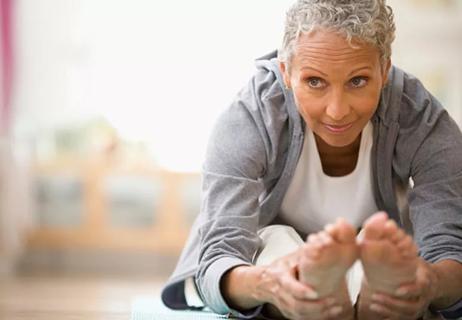
Aerobic exercise paired with resistance training is good, but an individualized plan is best

Here’s what to know about employment when living with this condition
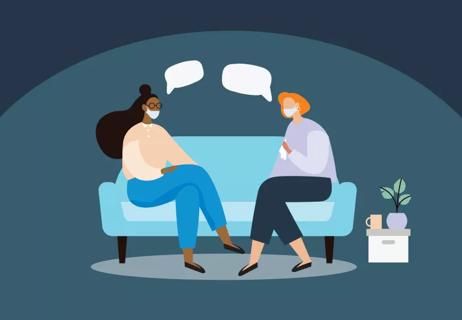
Share your diagnosis with an inner circle of family and friends you can rely on
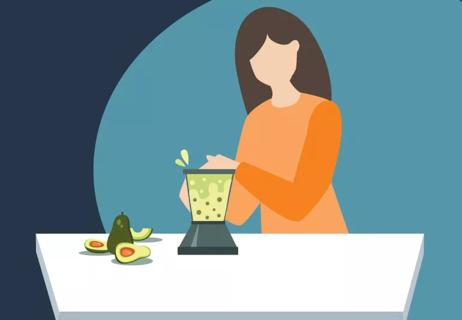
An expert outlines everything you need to know
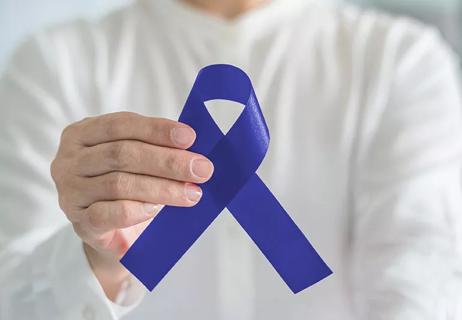
The neurological disease can make it hard for individuals to take care of themselves
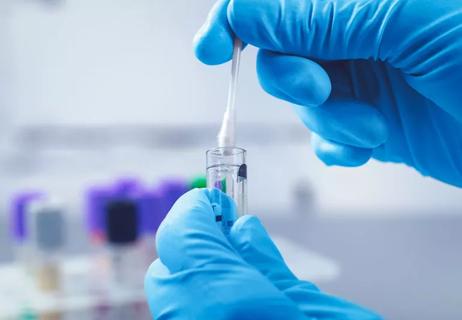
Genetic markers can determine if you’ll develop Huntington’s disease or pass it on to your children

You may notice a decrease in your LDL ‘bad’ cholesterol in about four weeks

Options for your changing mobility range from small swaps to major renovations

Wearing a scarf, adjusting your outdoor activities and following your asthma treatment plan can help limit breathing problems

Your diet in the weeks, days and hours ahead of your race can power you to the finish line

When someone guilt trips you, they’re using emotionally manipulative behavior to try to get you to act a certain way